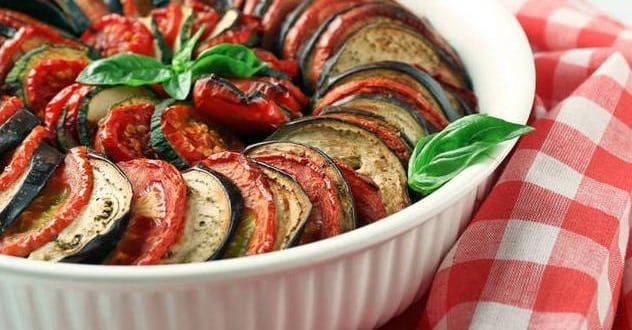
As the temperature rises, the risks of poor food preservation increase. As microbes love heat, it is enough for a food to remain for a short time at ambient temperature for them to grow and cause serious food poisoning.
It is estimated that one in five people in America and 1 in ten in Europe, on an annual basis, get food poisoning. Poisoning rates are higher in the US because people eat out more often. "The possibility of food poisoning increases when we lose control over the preparation of meals. Food poisoning is a phenomenon that affects all societies", emphasizes Mr. Dimitris Tympis, professor in Food Microbiology at TEI Athens.
However, a common household practice can prove extremely dangerous for the safety of the food we consume: Cooked food should not remain out of the refrigerator for more than 2 hours. The same food should not be heated multiple times or kept warm out of the refrigerator for many hours because in both cases, it favors the development microbes. Microbes love the "ambient temperature" of summer since the danger zone for the growth of microbes is from 5-65 degrees Celsius. The cooking process partially frees us from pathogenic organisms and lowers the microbial load of food, but does not eliminate it. Thus, cooked food is safe, but this does not mean that it does not contain microbes that are waiting for the right conditions to multiply exponentially. Macroscopic control, that is, visual observation or taste testing, does not protect us at all from food poisoning. As Mr. Tymbis explains, "there are spoilage microorganisms that are responsible for the obvious spoilage of food. However, there are also pathogens, the action of which we cannot understand by tasting the food."
Foods that have a high percentage of moisture, but also sandwiches that contain different ingredients and sauces, are more dangerous for the growth of microbes. However, as Mr. Tympis points out, research shows that home refrigerators often do not work properly, as a result of which they work like cupboards and not like cooling chambers. "In the summer we have to increase the cooling and avoid overloading the refrigerator. We also have to defrost the products in the cooling compartment of the refrigerator and not on the kitchen counter. This process may require more time, but it protects us from the growth of microbes," explains Mr. Timbis.
By Tania Georgiopoulos at http://www.kathimerini.gr

No Comments